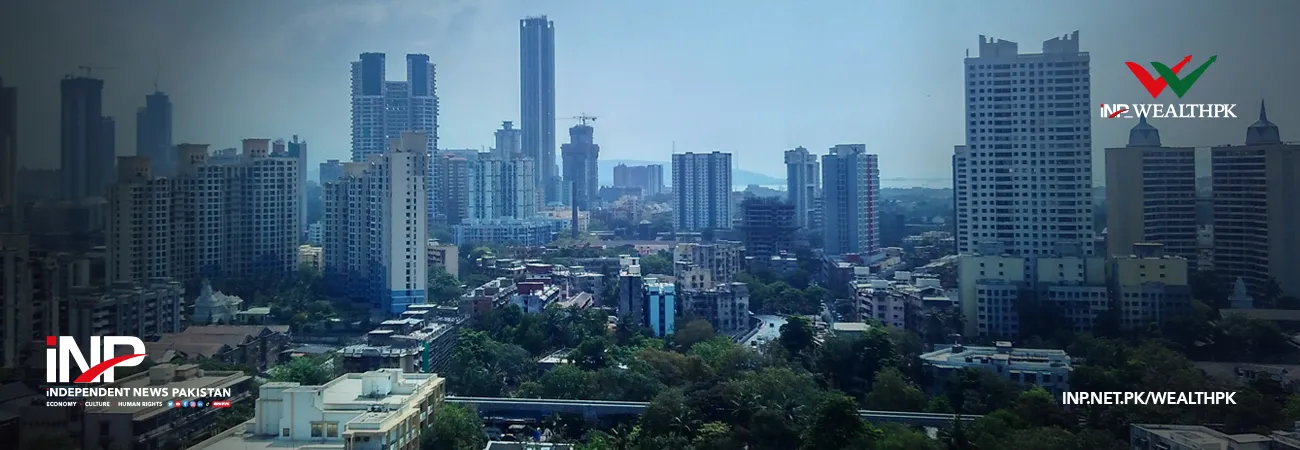i INP-WEALTHPK
Ayesha Saba
Pakistan is experiencing a rapid urbanization trend, with its urban population swelling at an unprecedented rate. As cities expand and the demand for efficient transportation systems intensifies, there is an urgent need for a comprehensive overhaul of transportation planning. Talking to WealthPK, Mian Rajan Sultan Peerzada, President of the Association for Development of Local Governance (ADLG), said, "As Pakistan faces the unprecedented challenge of rapid urbanization, transportation planning becomes critical to ensuring sustainable and efficient urban development. The majority of the urban population is concentrated in eight cities, including Karachi, Lahore, Faisalabad, Rawalpindi, Multan, Hyderabad, Gujranwala, and Peshawar." According to Peerzada, the existing road system lacks the structural capacity to handle increasing vehicles, leading to chronic traffic congestion. "Greater reliance on fossil fuels exacerbates air pollution and environmental damage, making the current urban transport system unsustainable. To address these challenges, a shift towards more sustainable transportation methods is imperative," he stressed.
In the quest for sustainable solutions, Peerzada emphasized the importance of public transportation systems that integrate various modes such as walking, biking, and buses. Drawing parallels with successful models, he suggested that Pakistan, as a country with limited resources, should not rely solely on the private vehicle-dominated transport systems. China's rapid urbanization over the past few decades has been accompanied by a paradigm shift in transportation planning. The country has successfully implemented extensive public transportation networks, high-speed rail systems, and advanced traffic management technologies. "By drawing inspiration from China's successful experience in managing urban mobility, Pakistan can develop innovative solutions to address congestion, enhance connectivity, and create a sustainable transportation ecosystem," he opined. An official of the Transport Planning Unit (TPU), Punjab, confided to WealthPK that their mission was to establish a prosperous and well-connected society by developing and implementing safe, fair, and sustainable transportation systems.
"Our completed projects include the Sheikhupura Urban Transport Master Plan, Identification of Urban and Sub-urban Bus Routes for Bahawalpur city, Improvement of Urban Transport in Gujranwala city, Indication and Earmarking of Zones for D-class Stands in Khanewal city, Punjab Transport Infrastructure Management System (PTIMS), Traffic Management Plan for Sahiwal city, Traffic Management Plan for Jhelum city, GIS Based Parking Management & Information System (PMIS) for Lahore Parking Company, he said. A Chinese company recently delivered 160 high-end pure electric buses to Pakistan as part of the China-Pakistan Economic Corridor (CPEC) and the Belt and Road Initiative. This batch of pure electric buses exported this time has the advantages of zero emissions, low operating costs, and low noise pollution, which will greatly improve the efficiency of public transportation operations and the quality of residents' travel. The arrival of these electric buses signifies a new milestone, promoting the high-quality development of CPEC and BRI in the realm of public transportation in Pakistan, according to WealthPK research.
Credit: INP-WealthPk




